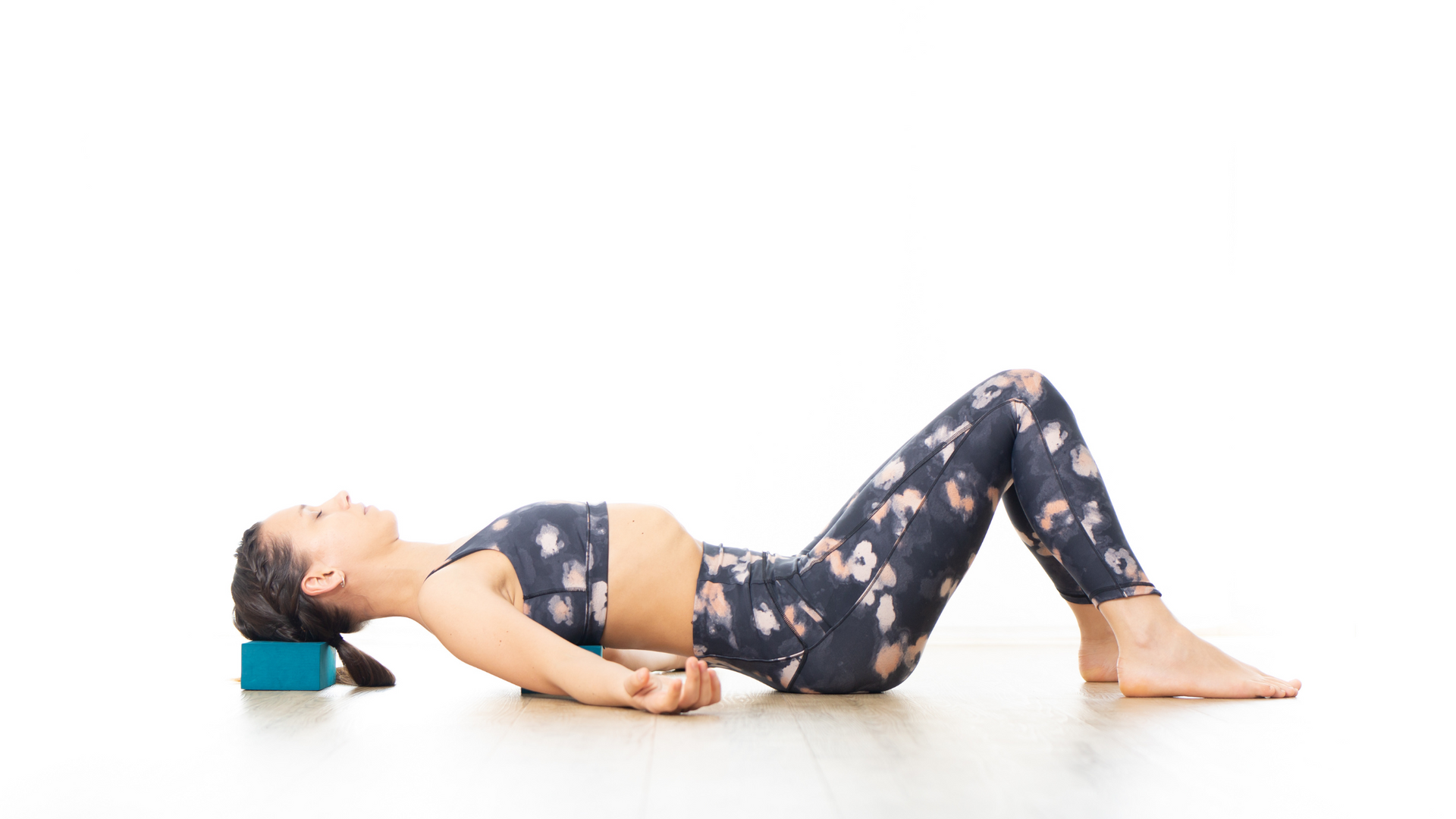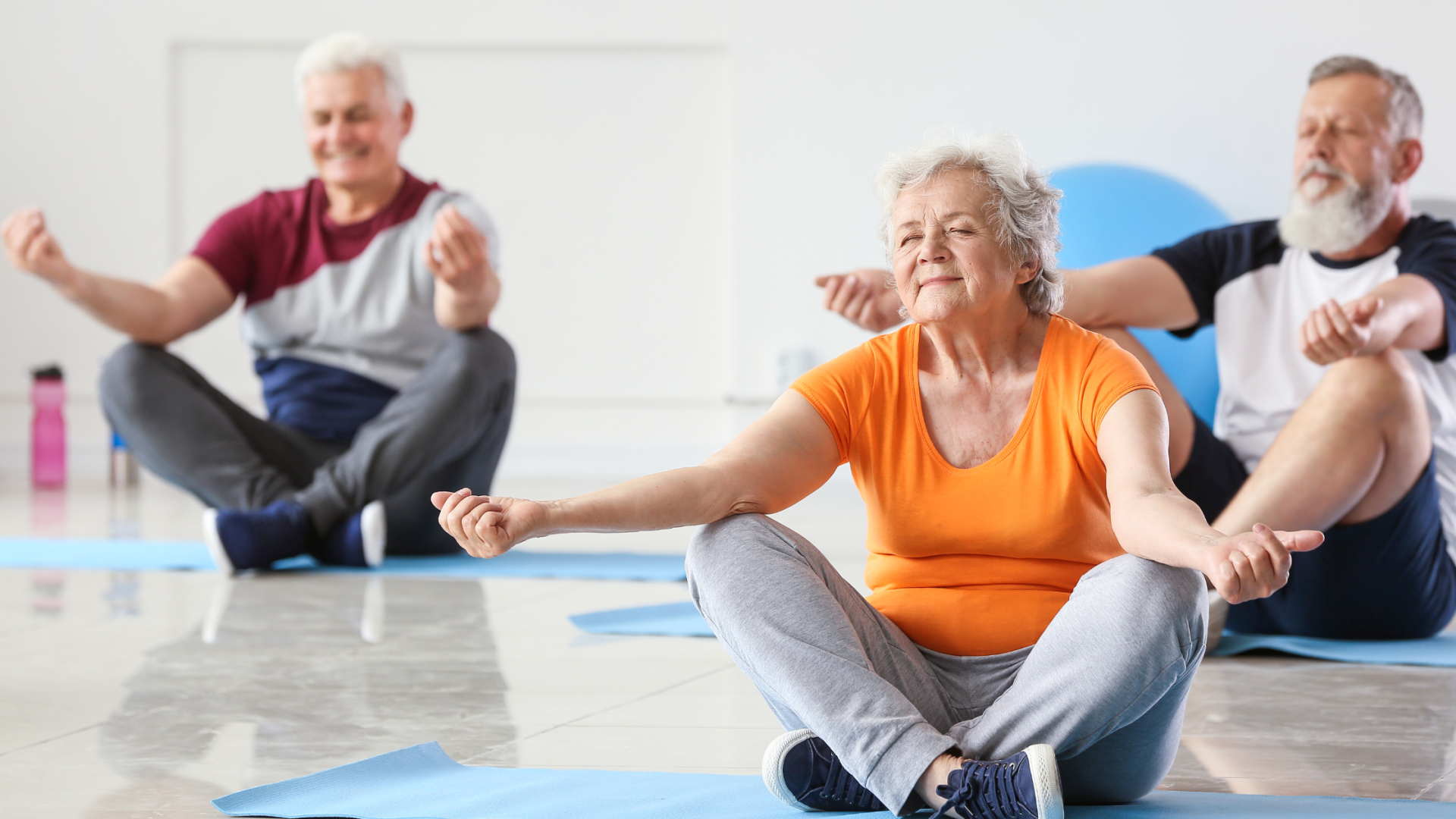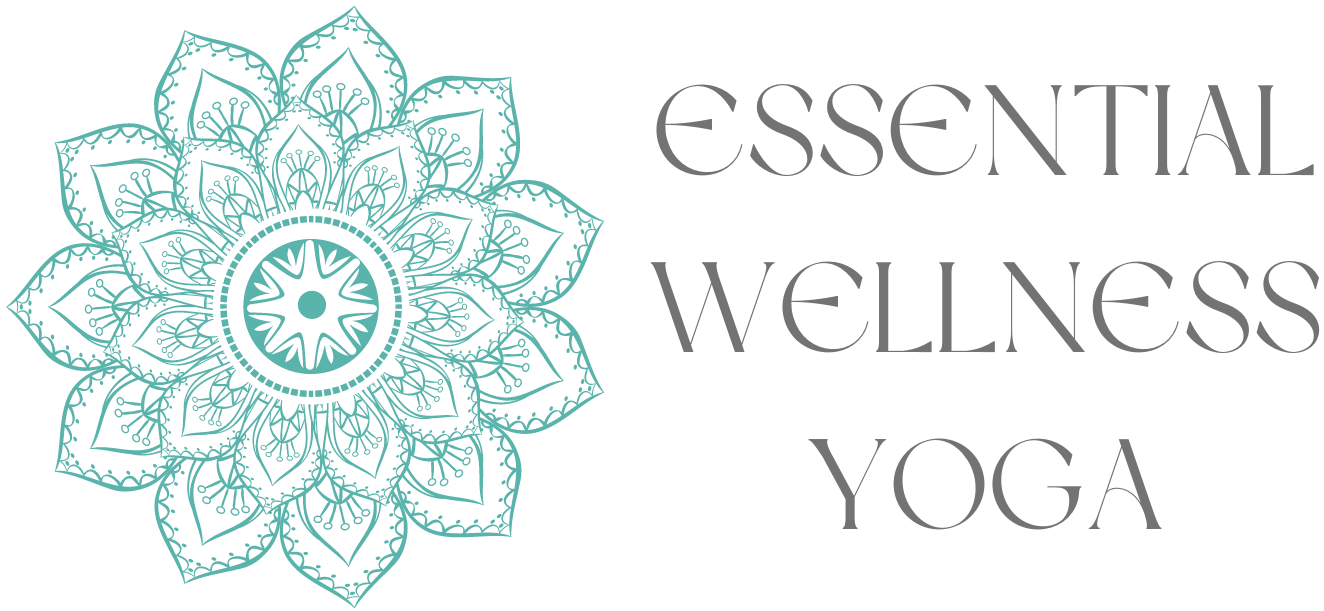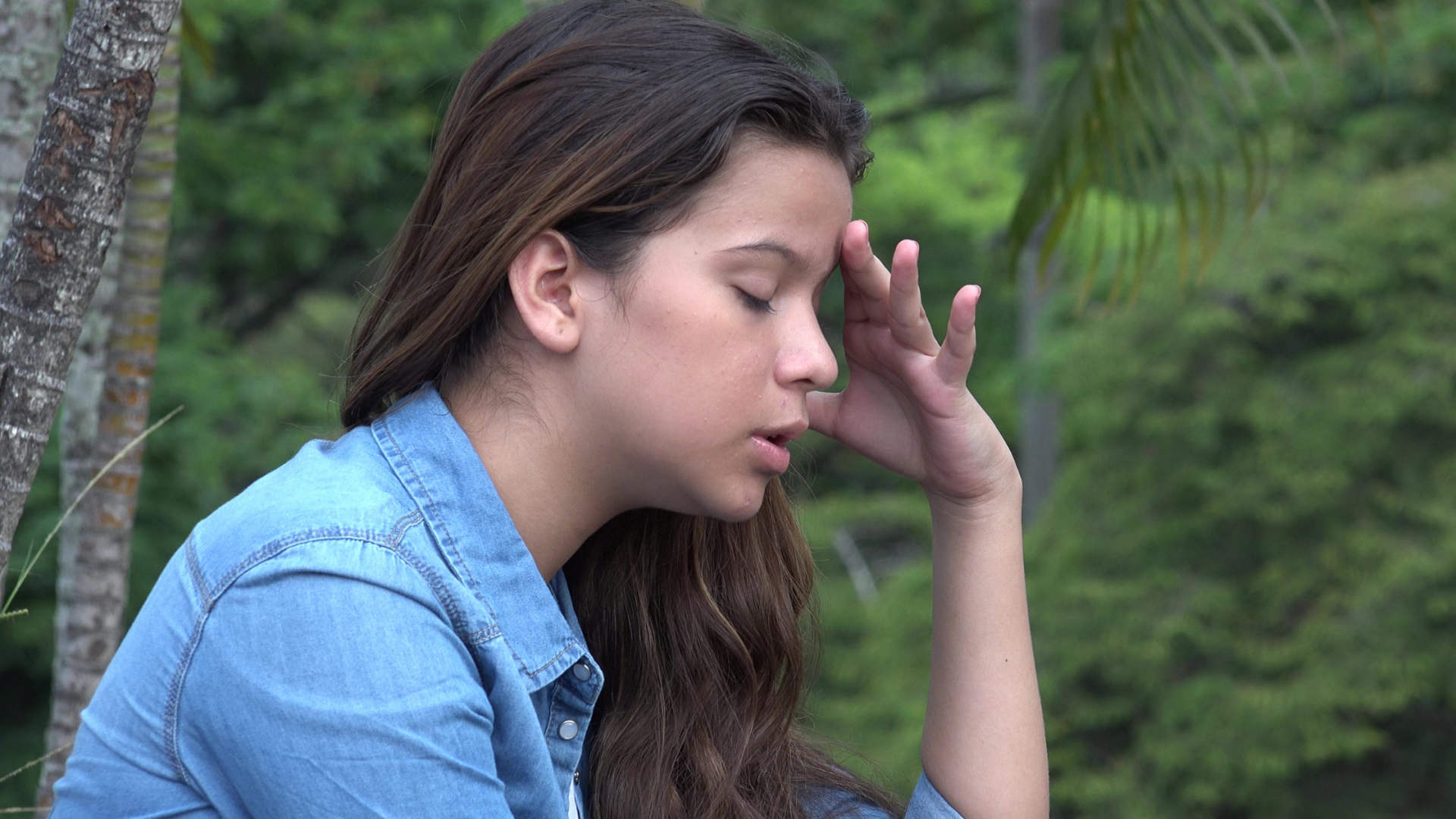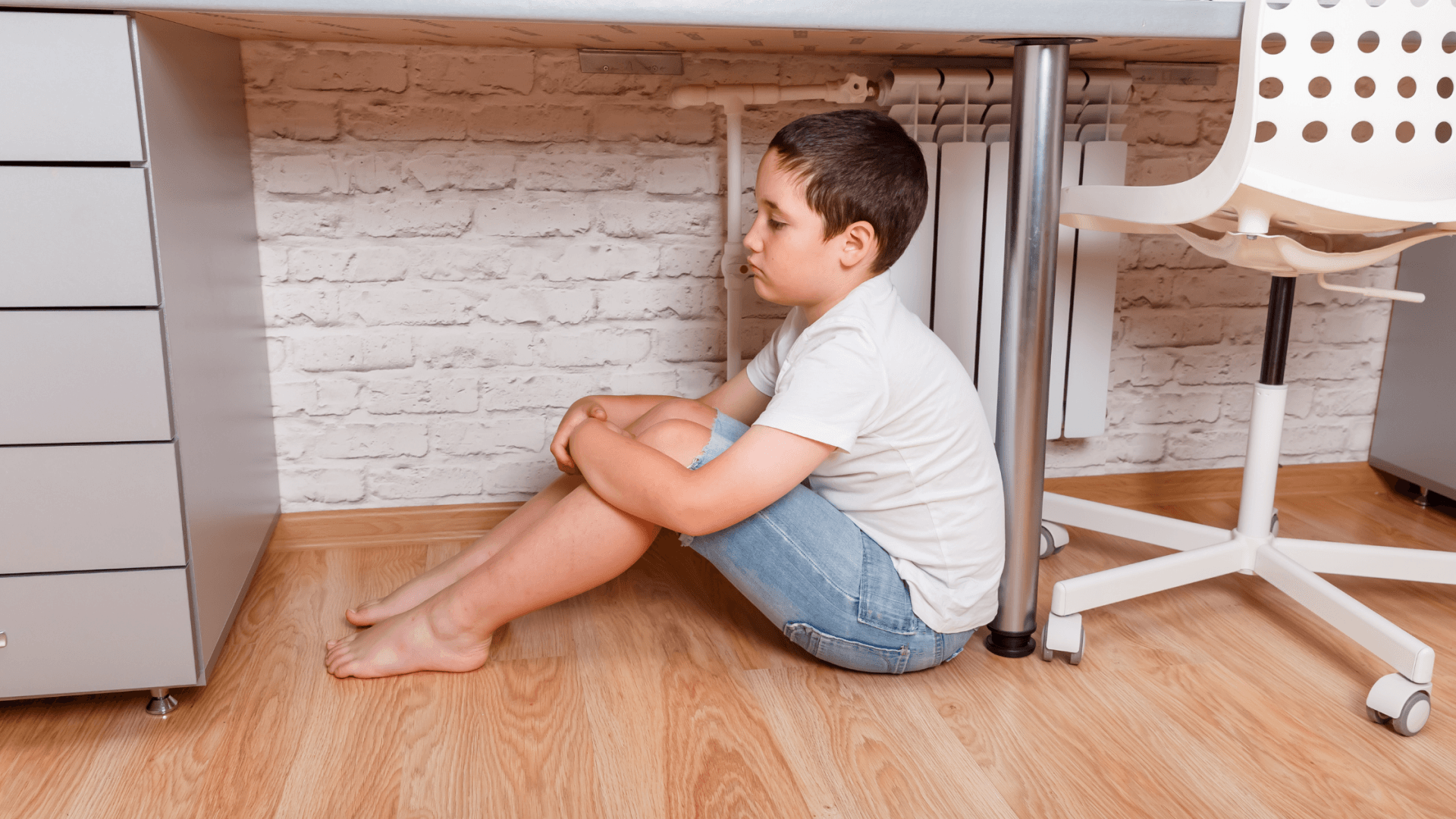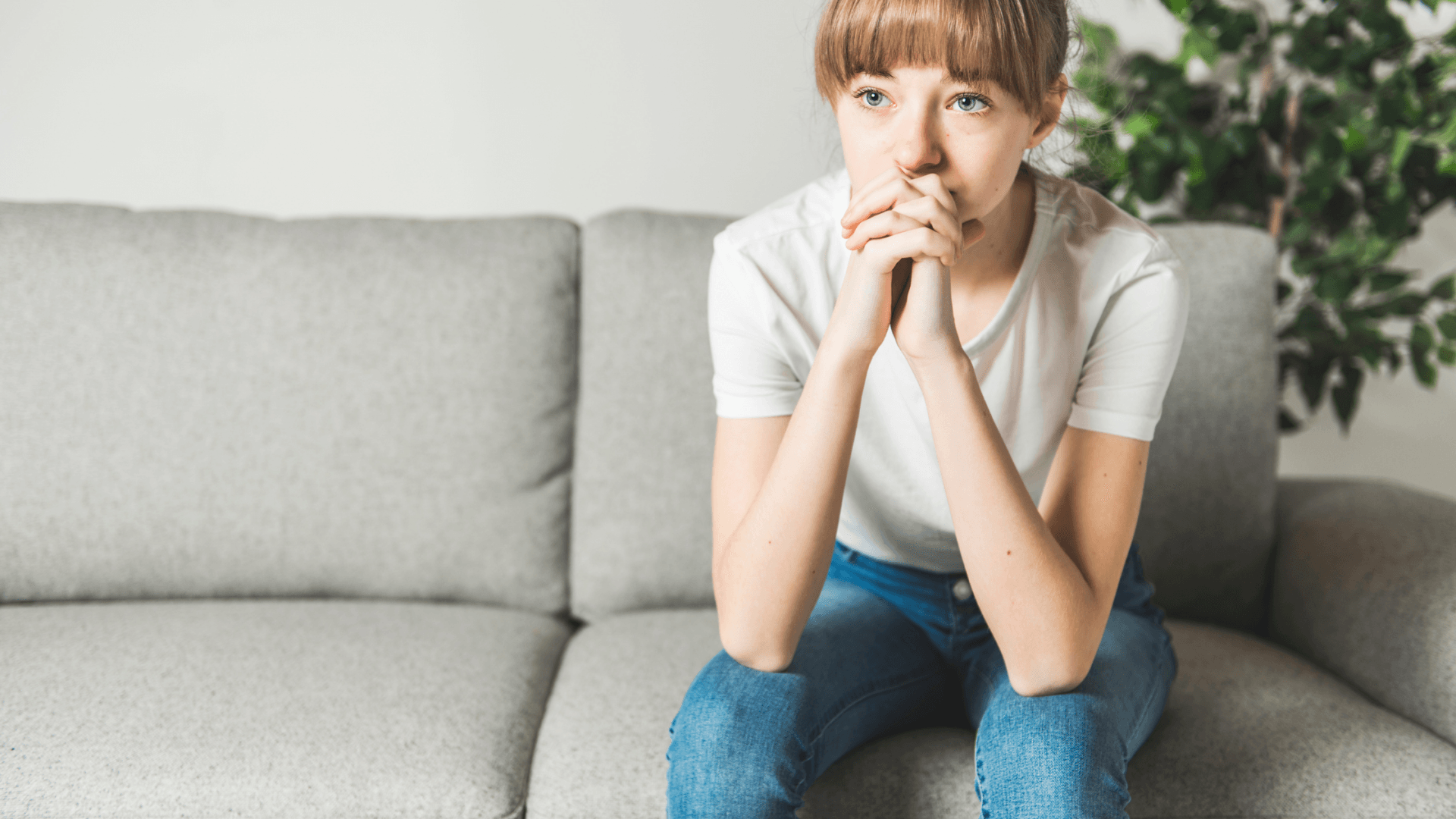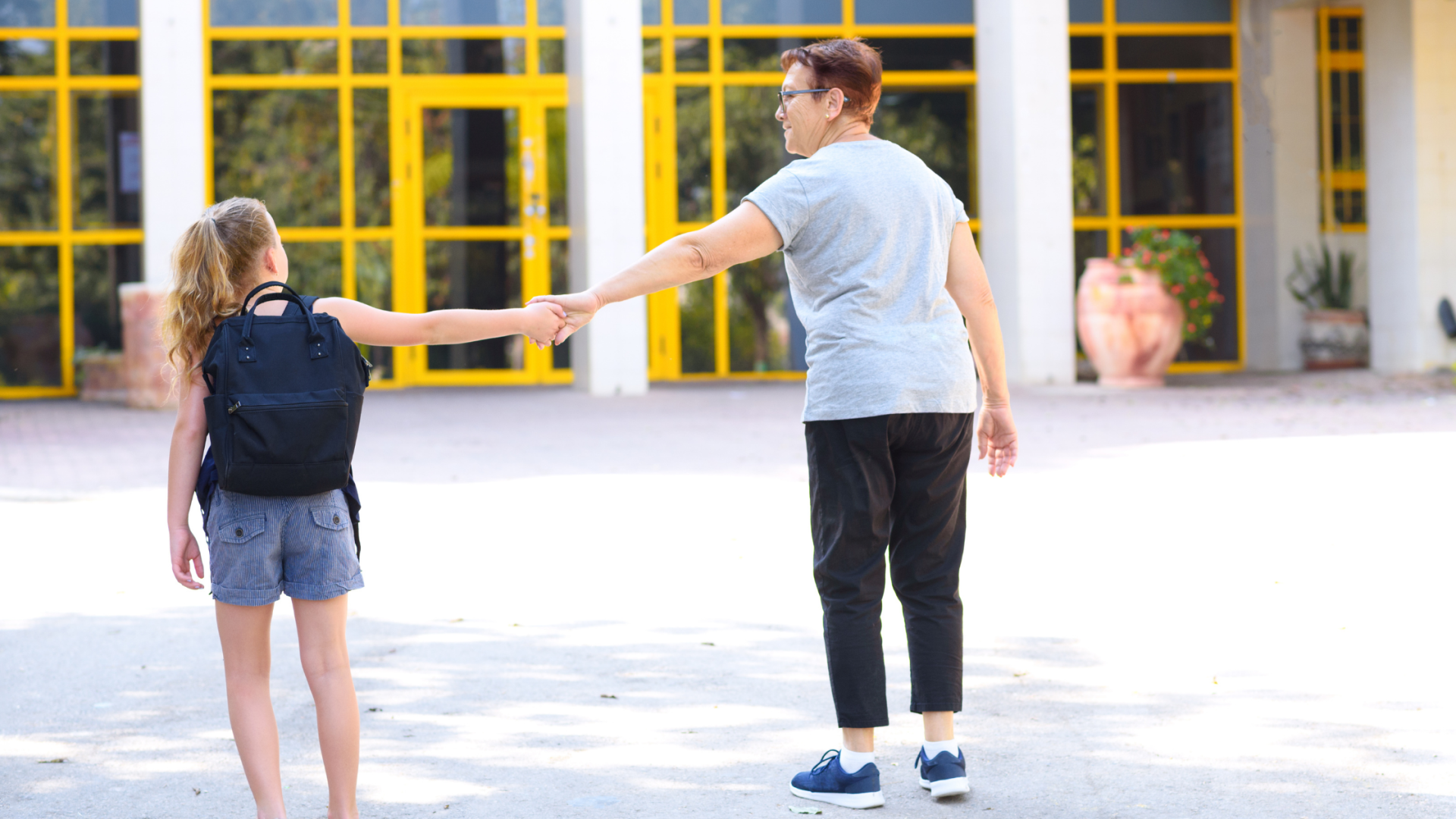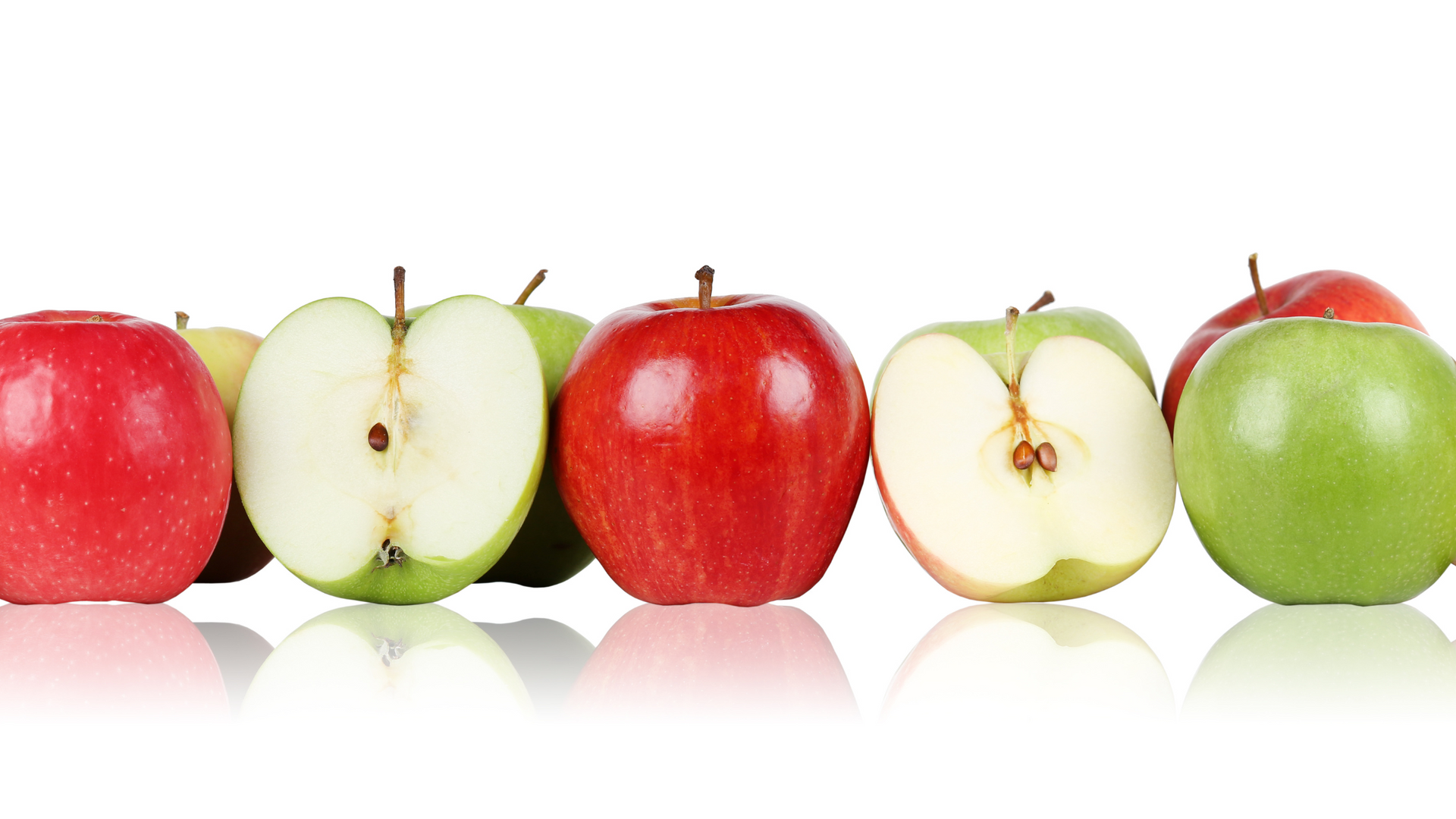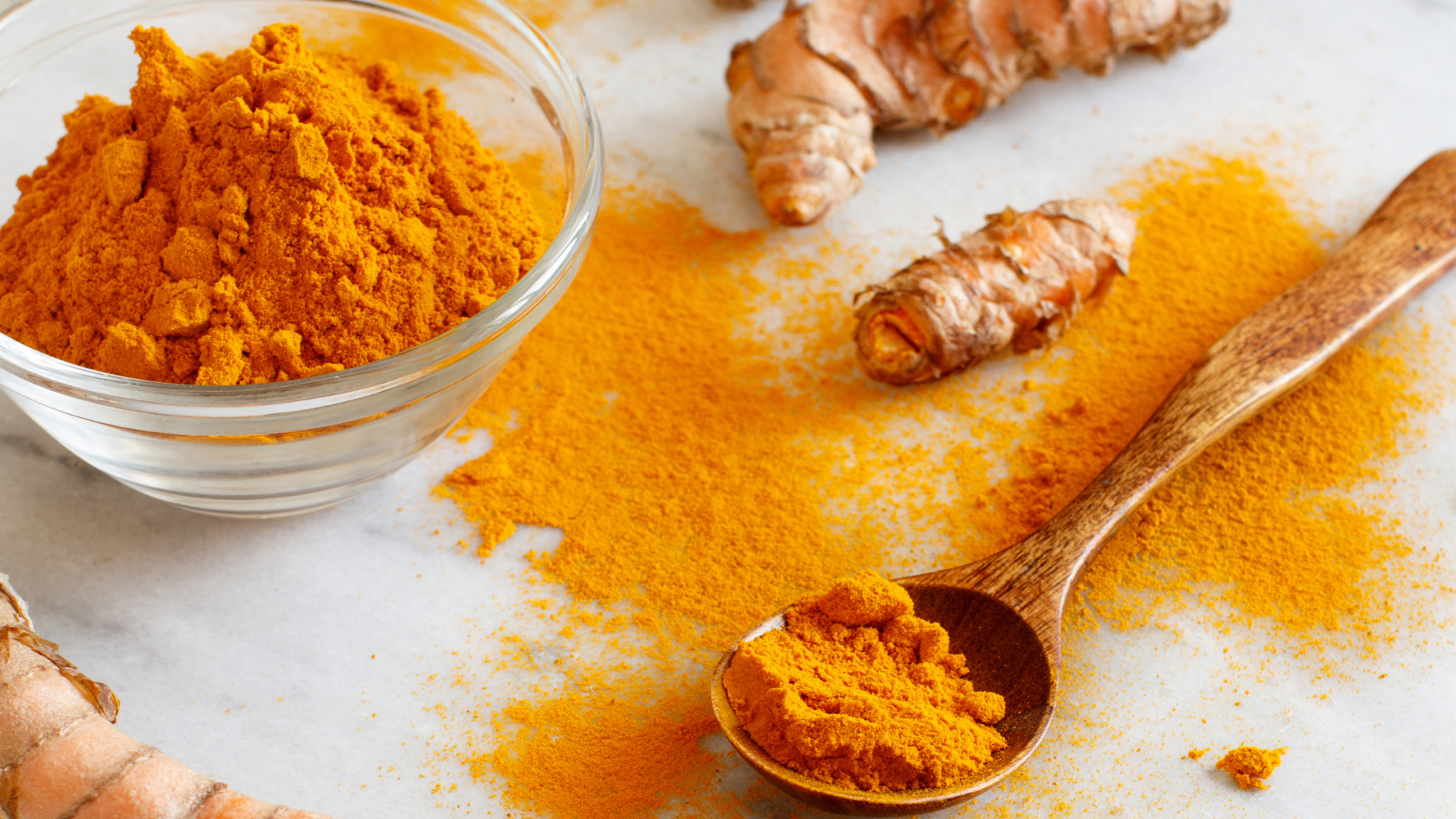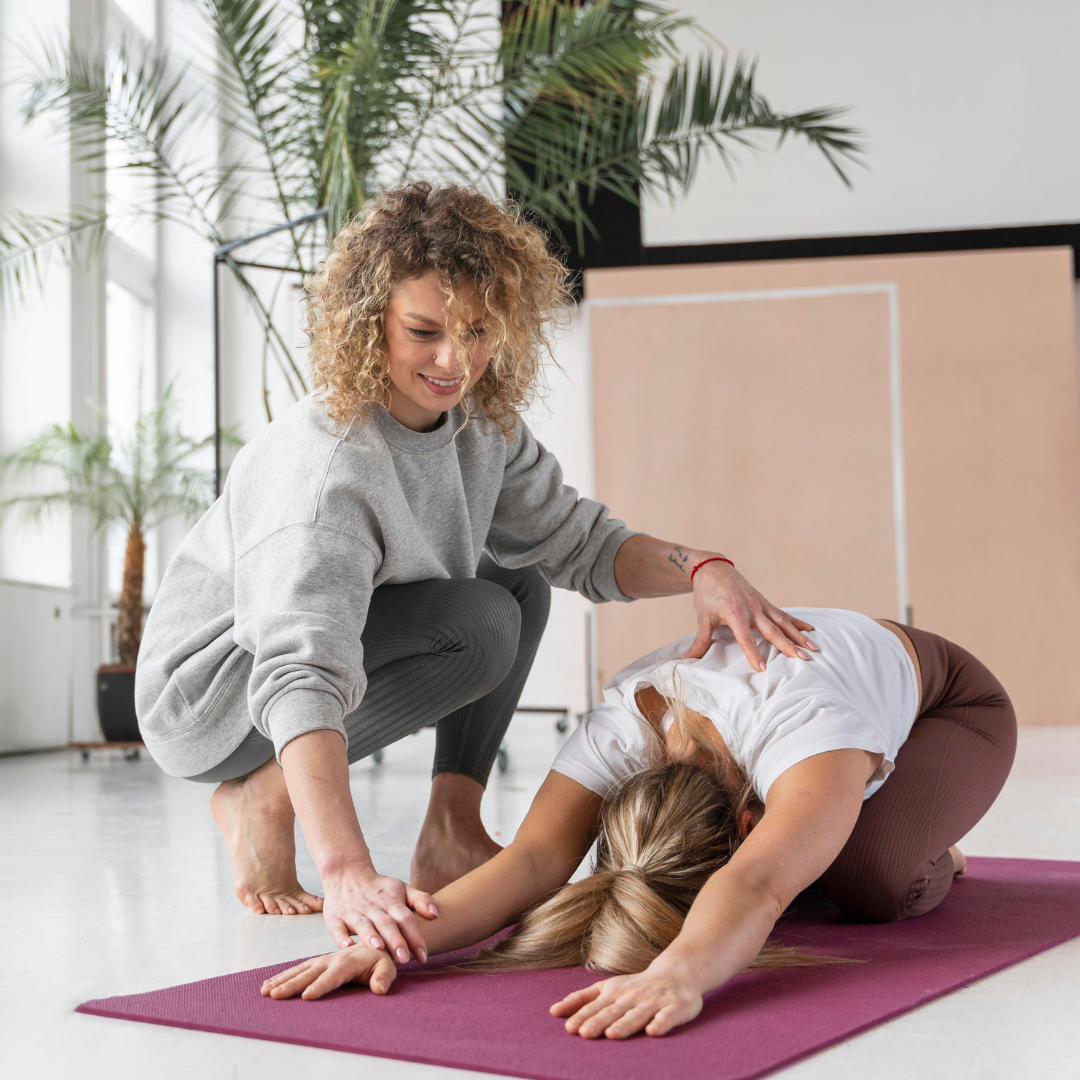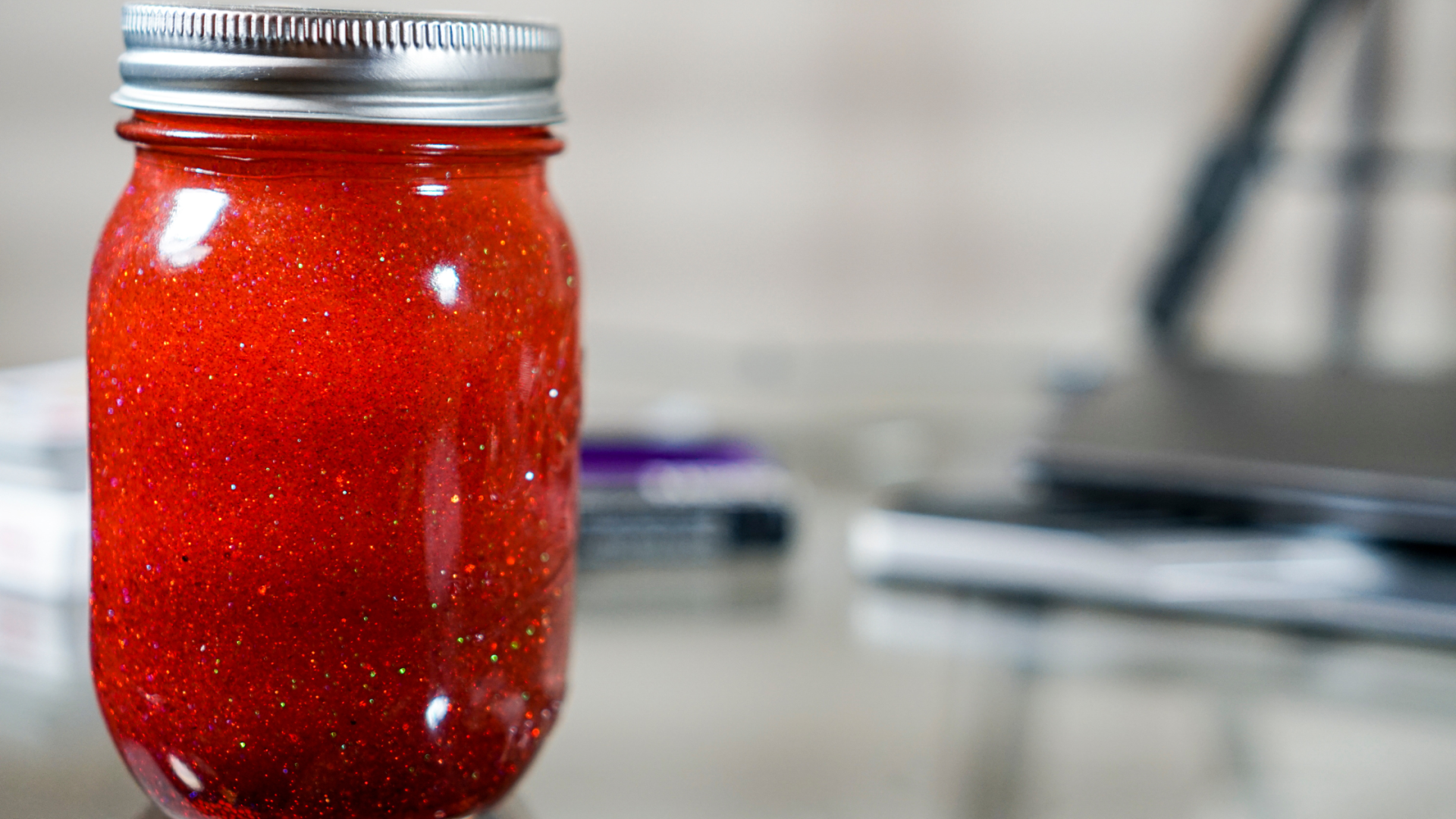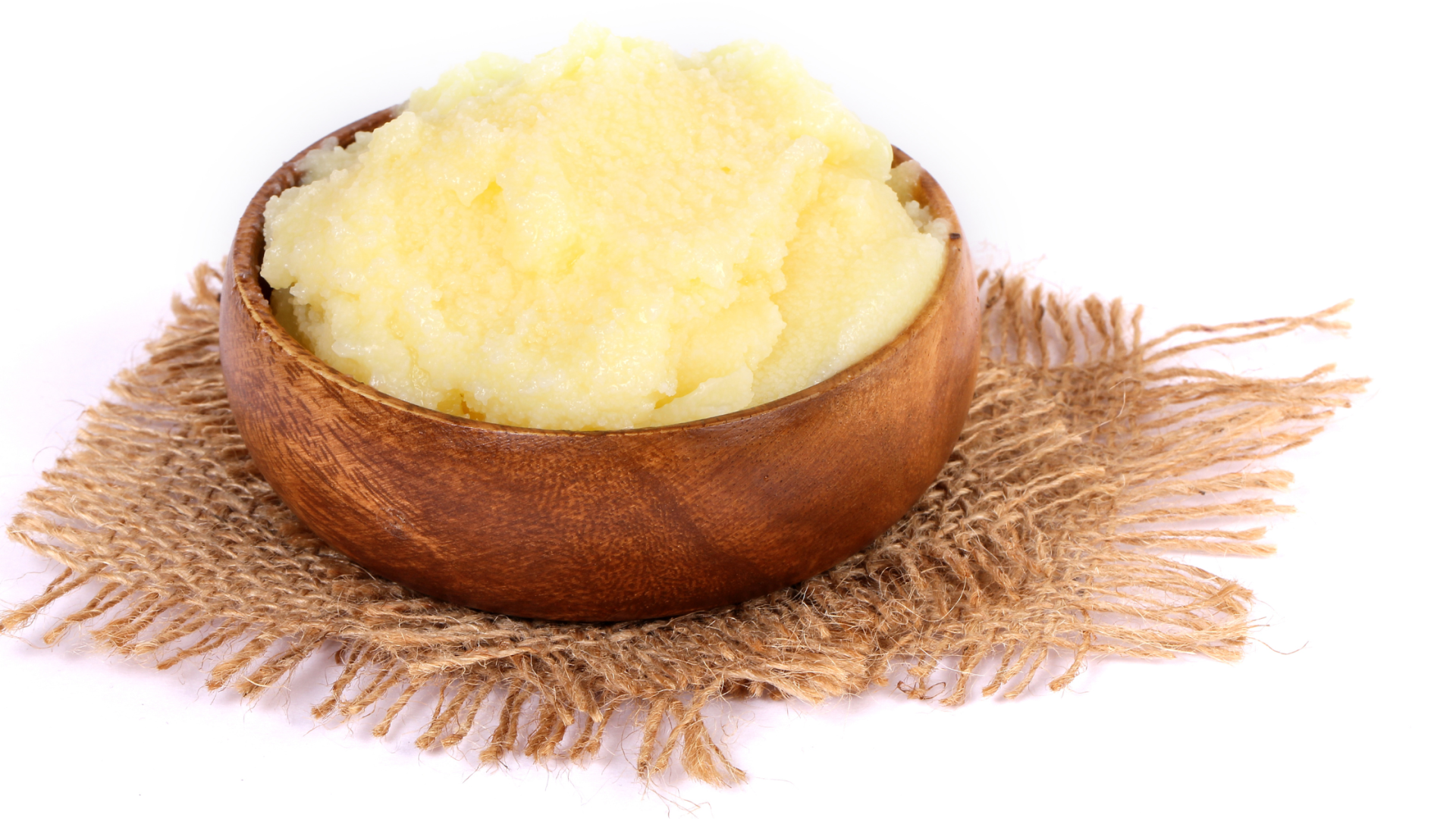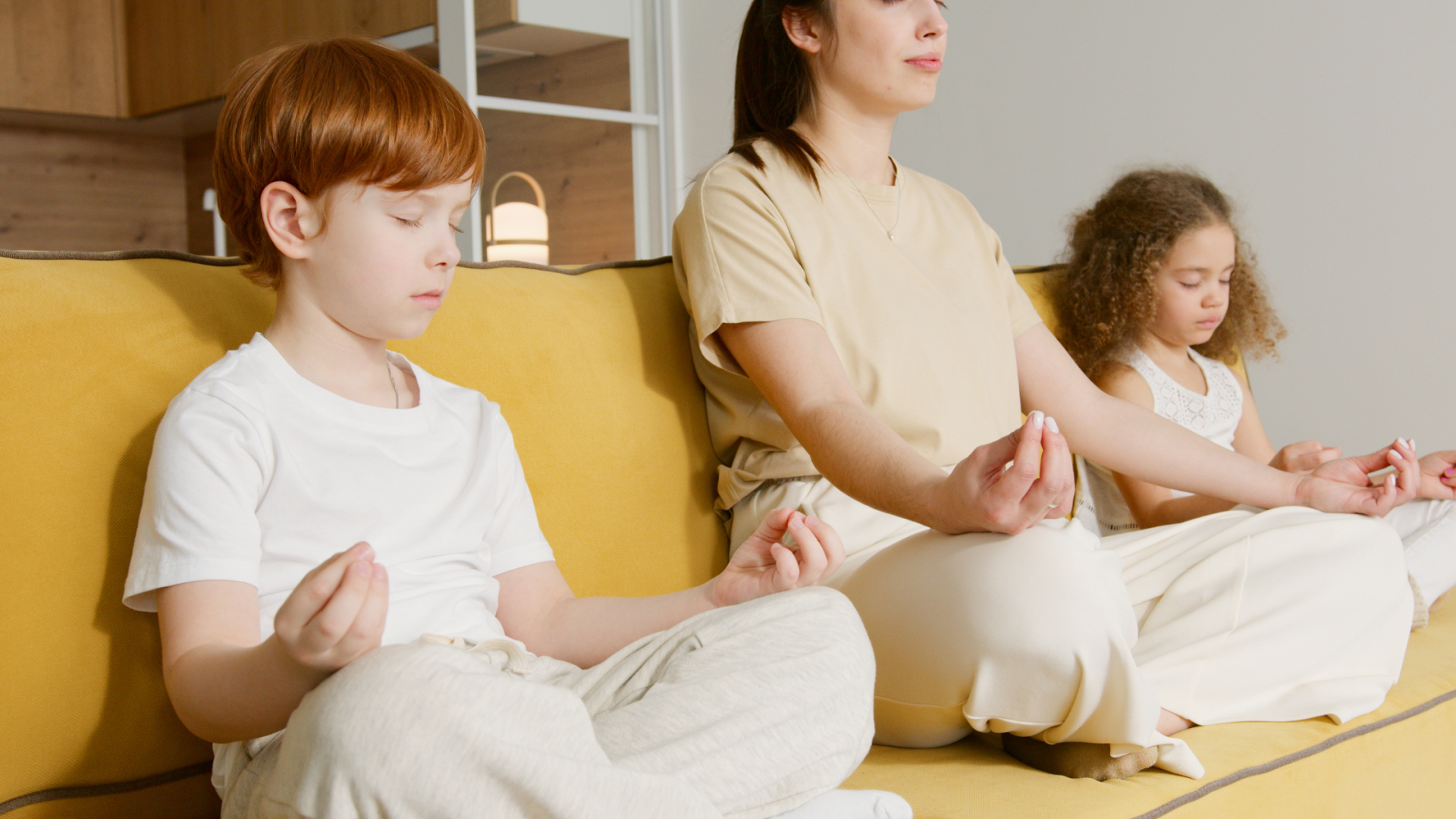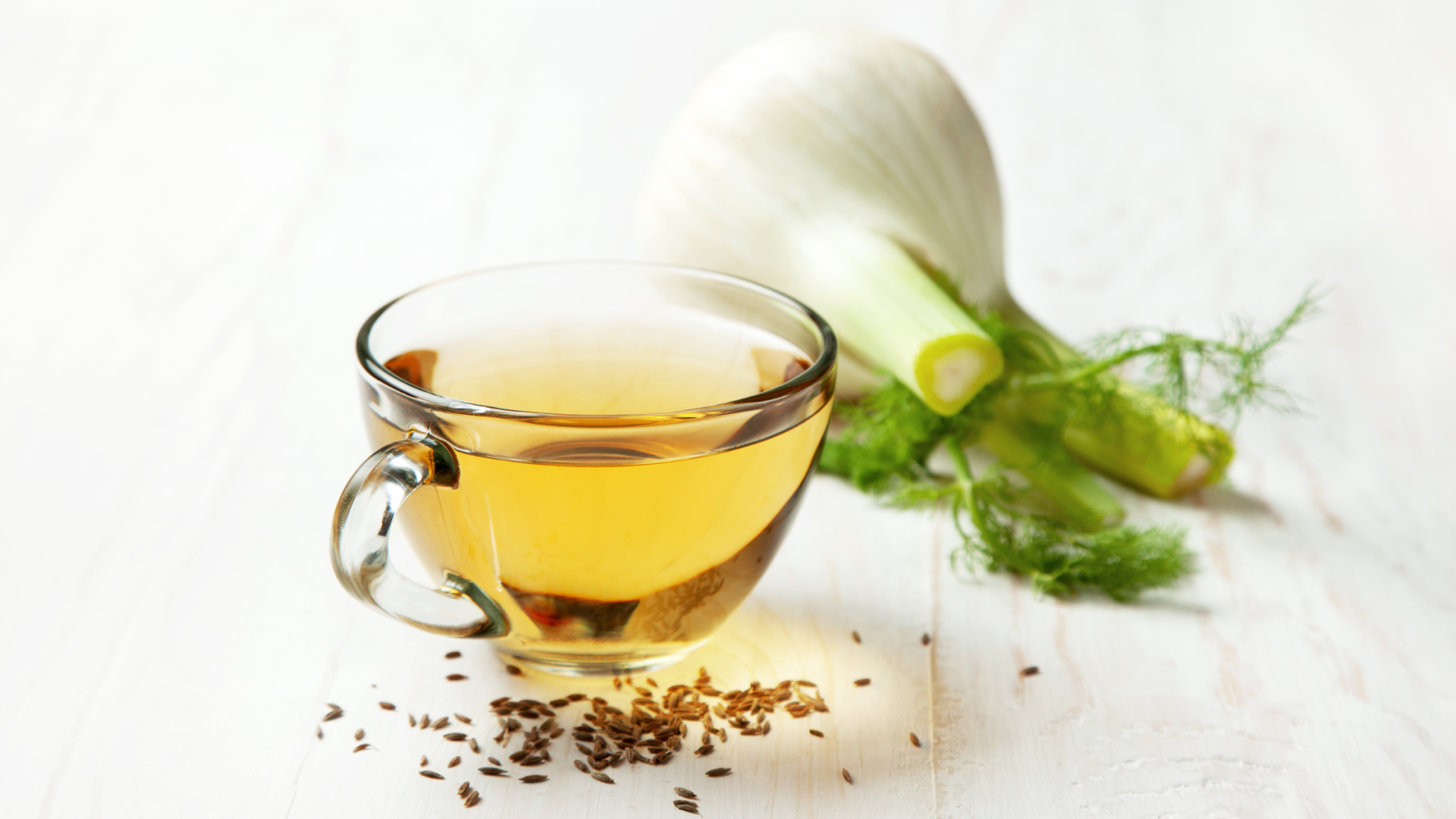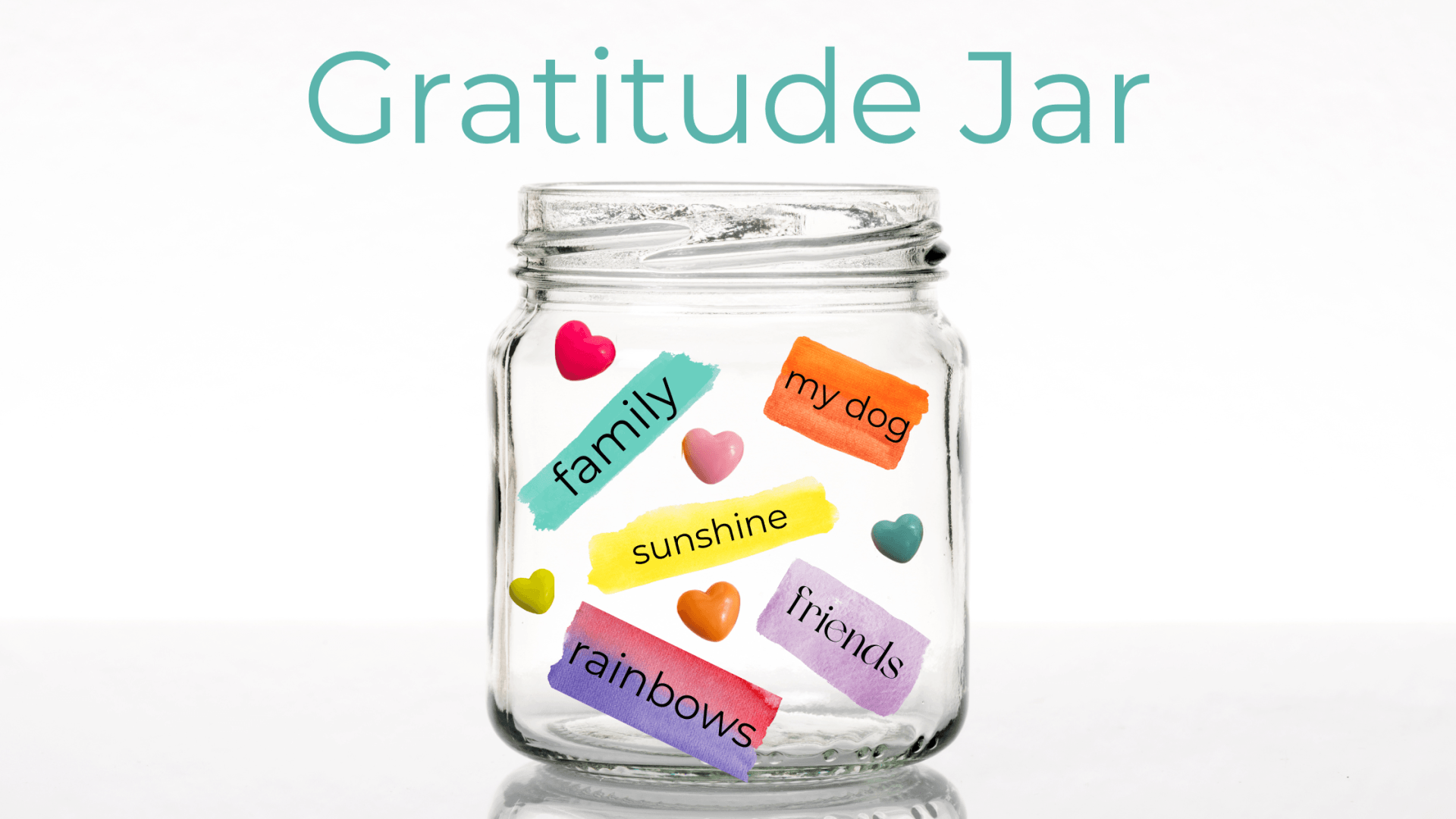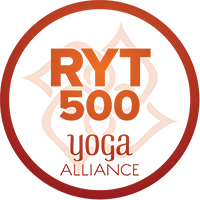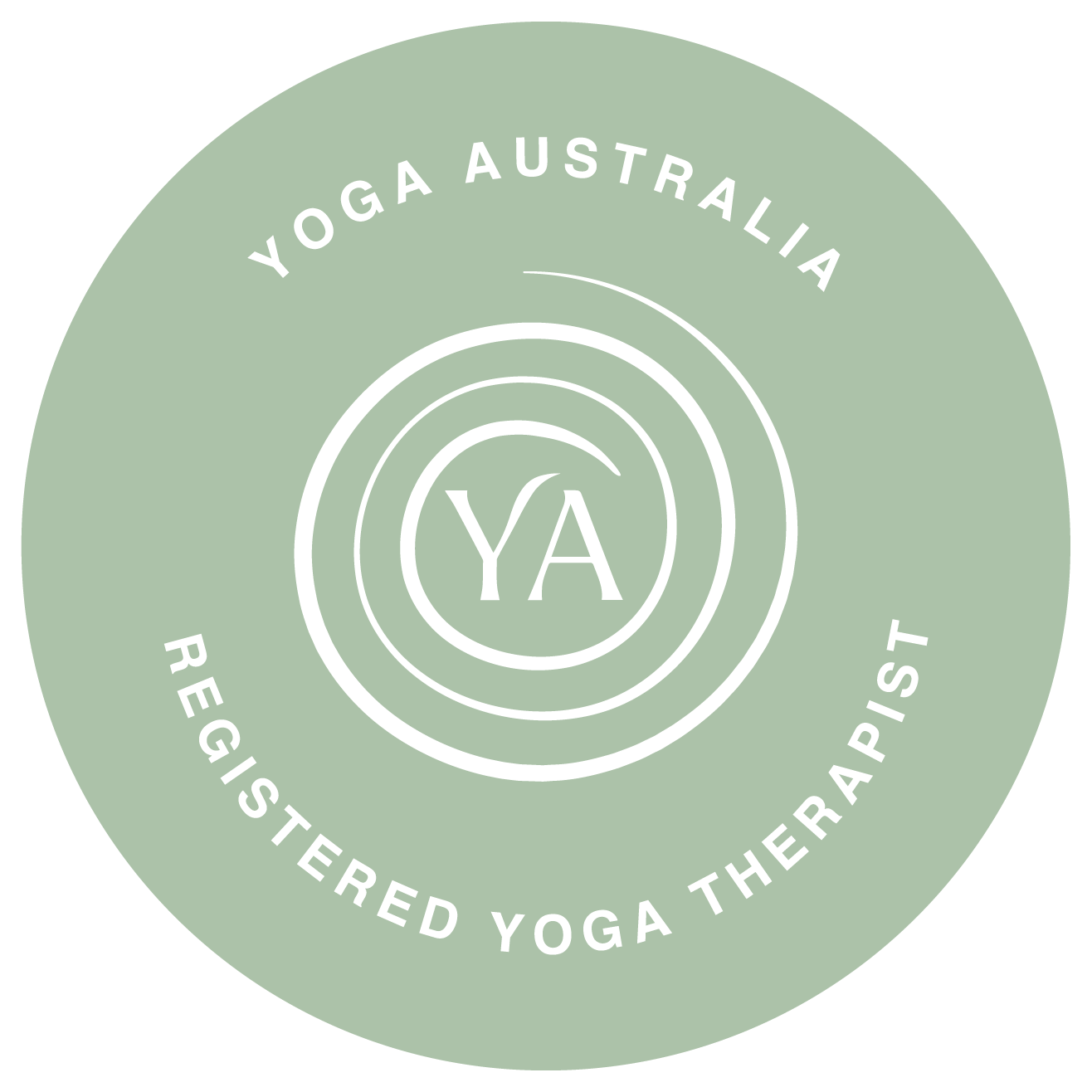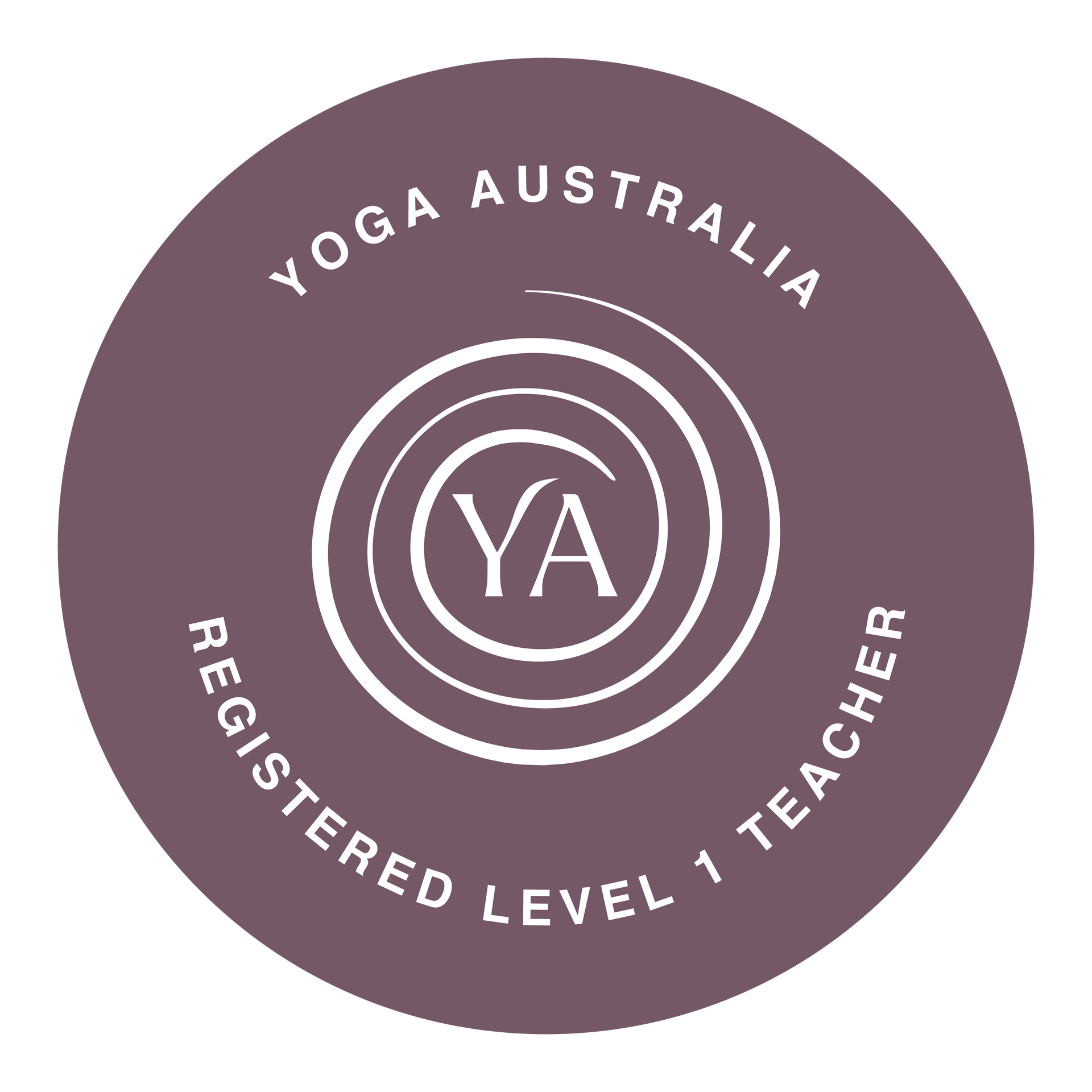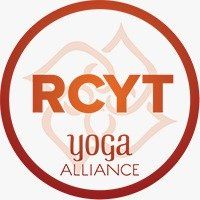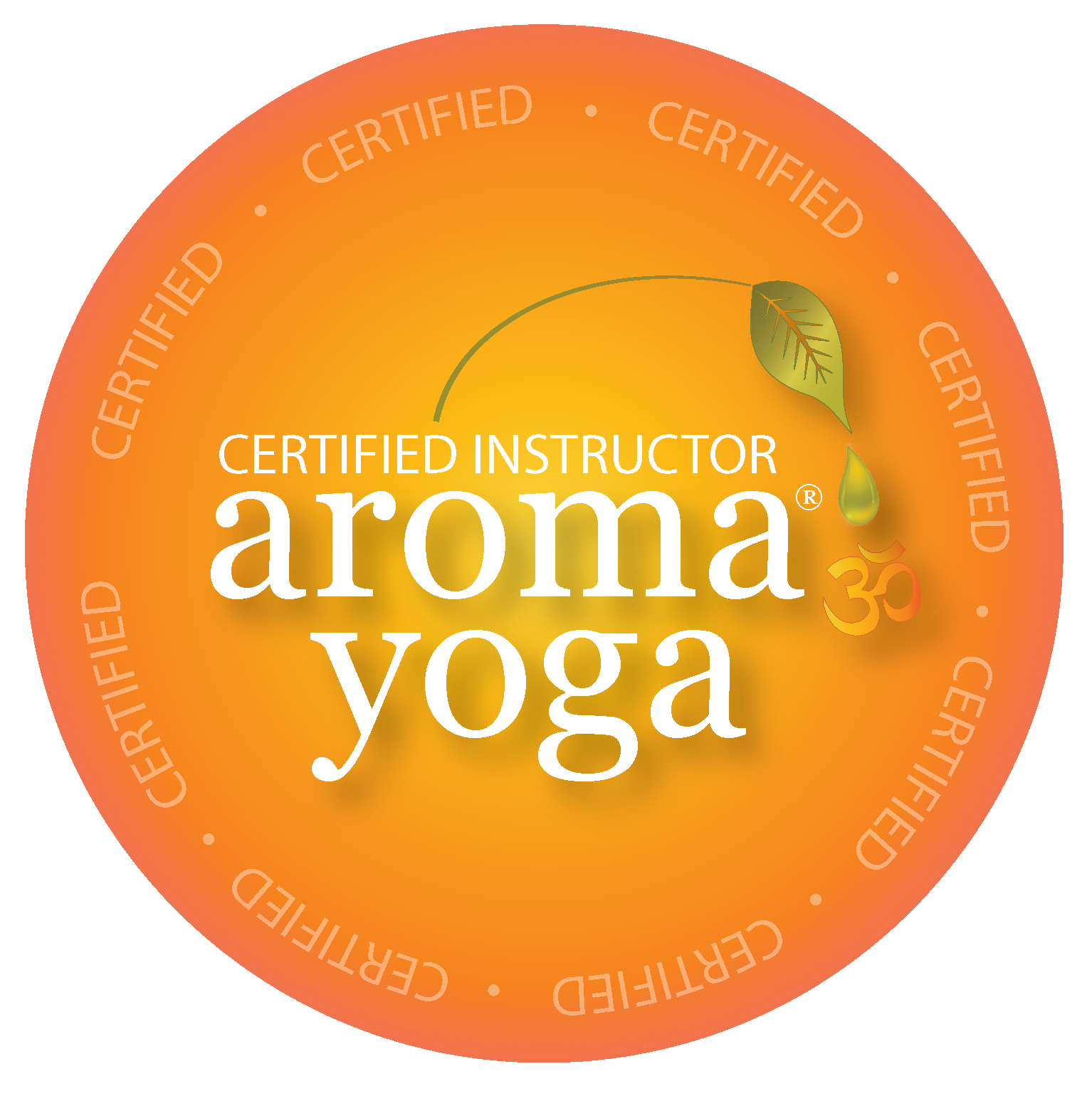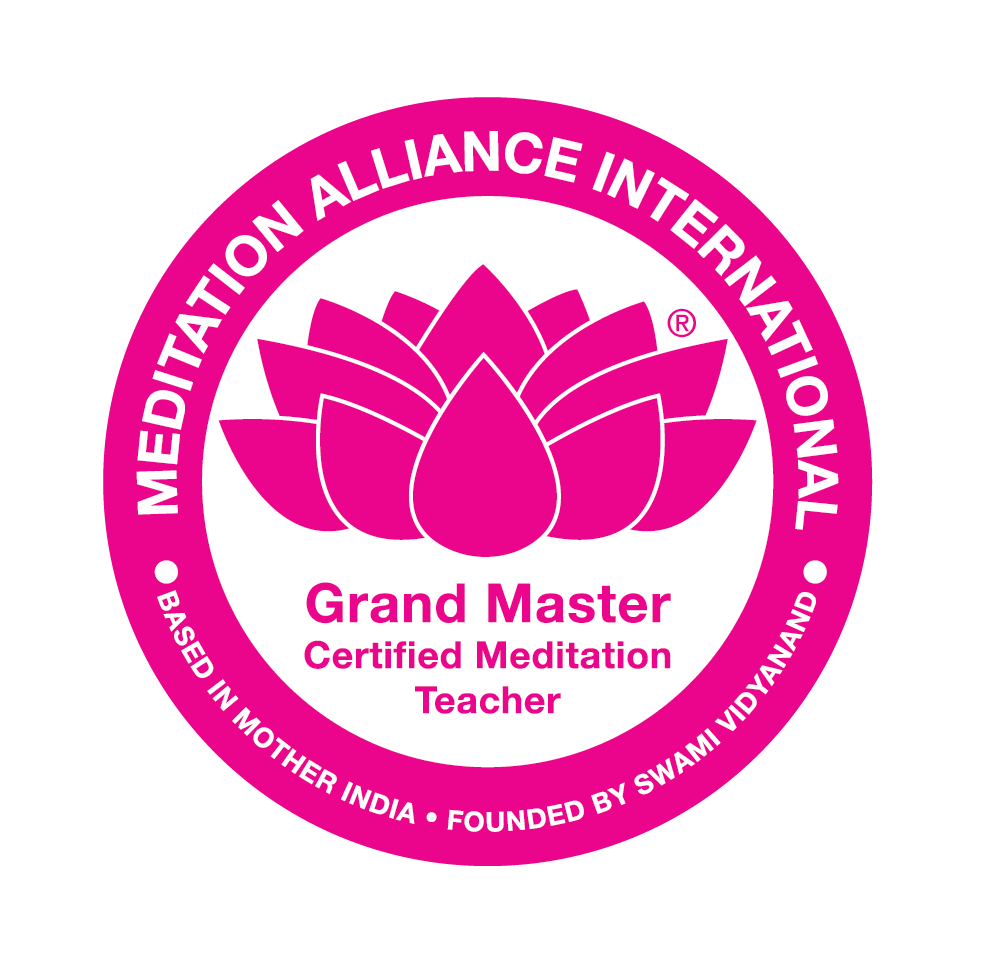Signs of Anxiety in Kids and Young Adults
Anxiety is one of the most common mental health challenges affecting people of all ages. In Australia, one in 14 children and young people (4 -17 years) experience an anxiety disorder. But how can you tell if your child is suffering from anxiety?
There are many physical, behavioural and emotional signs that kids will display when feeling anxious. Here are some common ways anxiety can affect children and young people.
Feelings
Feelings such as worry, overwhelm, nervousness, dread, irritability and constantly being in a bad mood are often felt. Kids with anxiety often feel these feeling way out of proportion to what they are actually experiencing. These worries can get in the way of everyday life for kids and they don't usually go away over time. Some kids worry over specific things (such as having no friends, being bullied, getting into trouble) and others worry about things in general.
Body Sensations
Kids with anxiety often experience physical symptoms such as a pounding in the chest, chest pain, shortness of breath, dizziness, headaches, stomach aches, nightmares, sweating, numbness, hot or cold flushes, a dry mouth or choking. These are real symptoms that the child cannot control.
Thoughts
Often kids with anxiety will find that their mind races or goes blank. They may say things such as "I can't control myself". They may have unrealistic fears and worries and think "I am going crazy". They may find themselves being very indecisive and think people are judging them. They may also have unwanted, negative or intrusive thoughts and say bad things about themselves. They may worry about failing or what others think of them and may also have low self-esteem.
Behaviour
Depending on what makes them anxious, kids might avoid things other kids enjoy or find comfortable. Kids with social anxiety may ask to stay home from school or avoid playing with other kids. Anxious kids may have trouble concentrating at school and when doing other tasks. They sometimes act aggressive or lash out when they are uncomfortable or are feeling overwhelmed. They may also be easily startled or seek constant reassurance. Anxious kids may not handle routine changes and may easily become upset if they make a mistake. They can become very argumentative and often have trouble separating from their parents or caregivers. Anxiety in kids and teens may also interfere with their sleep. You may also find a child suffering from anxiety will need to perform certain tasks to help relieve their worry.
Anxiety can be treated and there are many ways to help your child manage their anxiety. I will go into some holistic approaches to managing anxiety in kids in another post.
Some useful phone numbers (in Australia) to keep on hand are:
- Kids Help Line: 1800 55 1800, 24 hours, seven days a week
- Parentline: 1300 30 1300, 8am to 10pm, seven days a week
In other countries similar help lines will be available. Search mental health for kids support and you will find resources for your area.
